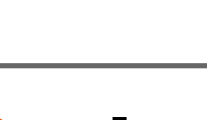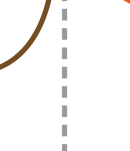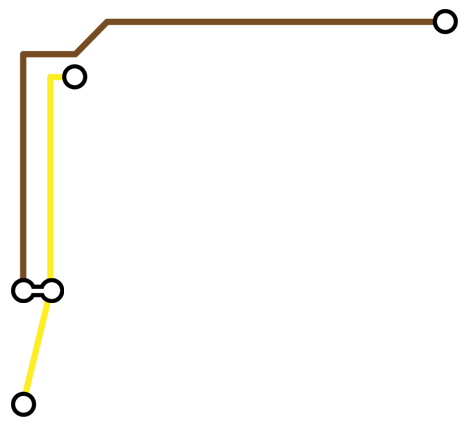UNM Learning Outcomes
Rhetorical Situation and Genre
A. analyze, compose, and reflect on arguments in a variety of genres, considering the strategies, claims, evidence, and various mediums and technologies that are appropriate to the rhetorical situation
Writing as a Social Act
B. describe the social nature of composing, particularly the role of discourse communities at the local, national, and international level
Writing as a Process
C. use multiple approaches for planning, researching, prewriting, composing, assessing, revising, editing, proofreading, collaborating, and incorporating feedback in order to make your compositions stronger in various mediums and using multiple technologies
Grammar and Usage
D. improve your fluency in the dialect of Standardized Written American English at the level of the sentence, paragraph, and document
E. analyze and describe the value of incorporating various languages, dialects, and registers in your own and others’ texts
Reflection
F. evaluate your development as a writer over the course of the semester and describe how composing in multiple genres and mediums using various technologies can be applied in other contexts to advance your goals
Research
G. use writing and research as a means of discovery to examine your personal beliefs in the context of multiple perspectives and to explore focused research questions through various mediums and technologies
H. integrate others’ positions and perspectives into your writing ethically, appropriately, and effectively in various mediums and technologies
I. compose a research-based academic argument in one of various mediums and technologies by identifying, analyzing, evaluating, and synthesizing sources, which must include secondary sources
J. analyze and describe the writing and research conventions of an academic field in order to understand the different ways of creating and communicating knowledge
























